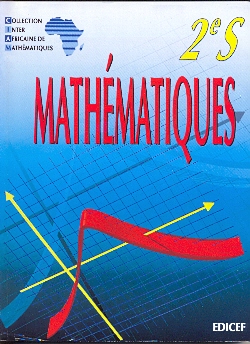Author(s): | Barry Parker | |||
Collection: | ||||
Publisher: | JHUP | |||
Year: | 2009 | |||
Language: | English | |||
Pages: | 285 pages | |||
Size: | 2.57 MB | |||
Extension: | ||||
[tab]
[content title="Description"]Why does a harpsichord sound different from a piano? For that matter, why does middle C on a piano differ from middle C on a tuning fork, a trombone, or a flute? Good Vibrations explains in clear, friendly language the out-of-sight physics responsible not only for these differences but also for the whole range of noises we call music.
The physical properties and history of sound are fascinating to study. Barry Parker's tour of the physics of music details the science of how instruments, the acoustics of rooms, electronics, and humans create and alter the varied sounds we hear. Using physics as a base, Parker discusses the history of music, how sounds are made and perceived, and the various effects of acting on sounds. In the process, he demonstrates what a [/content]
[content title="Content"] [/content]
[content title="About the author"]Parker was born in Chesterfield in 1867, the son of bank manager Robert Parker. He trained at T.C. Simmonds Atelier of Art in Derby and the studio of George Faulkner Armitage in Altrincham. In 1891 he joined his father in Buxton and designed three large houses for him there.
In 1896 Parker went into partnership with Raymond Unwin, who was Parker's half cousin as well as his brother-in-law, having married his sister Ethel in 1893. [/content]
[/tab]
[facebook src="bibliosciencesorg"/]
Key-Words: Télécharger Good Vibrations EBOOK PDF EPUB DJVU. Download Good Vibrations EBOOK PDF EPUB DJVU.








